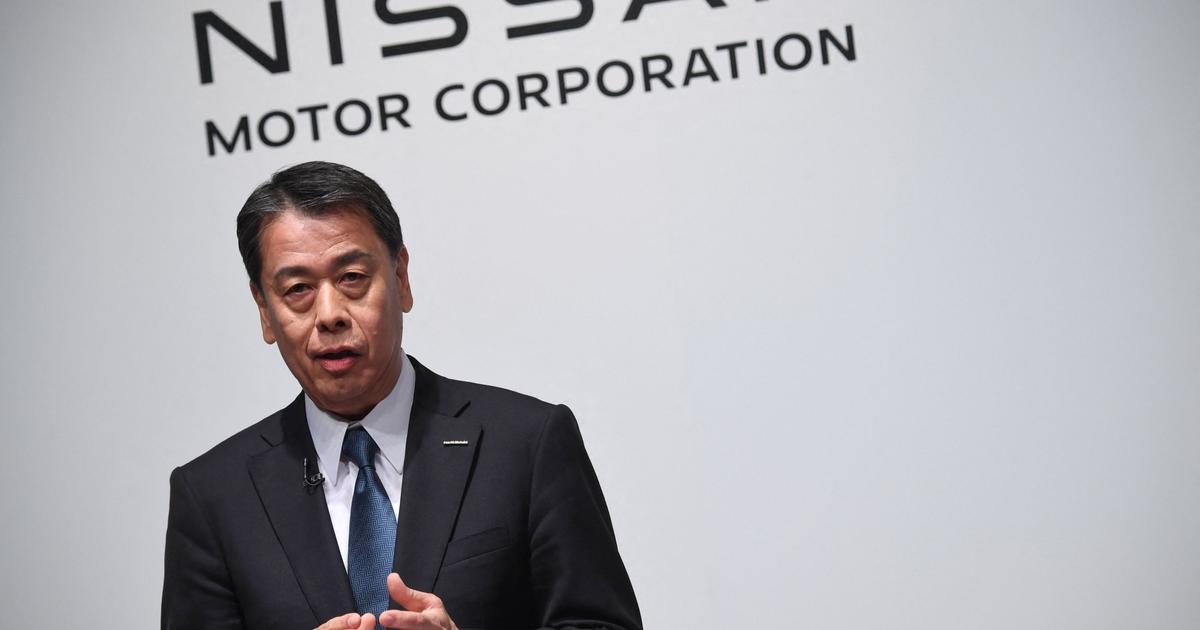The carmakers groaned from the lack of semiconductors and magnesium.
Now the next bottleneck looms.
In particular, the construction of e-cars could be slowed down.
Zurich - Although the car has experienced a small renaissance since the outbreak of the corona pandemic, the German car market is currently heading for the worst year since reunification, according to forecasts by the CAR Institute.
In October, the number of new cars registered fell by 35 percent.
Car dealerships have to confess delivery times of more than a year to customers.
In many places the production lines stand still because chips are in short supply.
There is a lack of semiconductors everywhere.
The fact that China has temporarily drastically reduced its magnesium production due to climate protection efforts is further exacerbating the situation for car manufacturers.
The People's Republic's precious metal restrictions will expire at the end of the year and the chip crisis could also come to an end in 2022.
But before that happens, the next shortage of raw materials is on the way.
It particularly affects e-car manufacturers such as Tesla, but also German giants such as Volkswagen, BMW * and Co.
Automotive Industry: Will Cobalt Shortage As Bad As Chip Crisis?
“There is concern among car manufacturers that cobalt could become a problem like microchips are today,” explains David Brocas, chief cobalt dealer at the Swiss raw materials giant Glencore in the
Handelsblatt
.
Because the future of the car is electric, battery metals such as lithium, copper and cobalt are becoming increasingly important.
In all common batteries - especially in the premium segment - cobalt ensures that the voltage is maintained.
There are hardly any effective (and affordable) alternatives.
The International Energy Agency (IEA) therefore estimates that the cobalt market will grow from 150,000 tons to 250,000 tons by 2025.
In three to four years - according to the IEA forecast - demand is likely to exceed supply.
In 2040 the demand will be 20 times as high as it is today.
Cobalt shortage: the numbers speak for themselves
How coveted the heavy metal is today is shown by its price.
According to the industry service S&P Platts, the cobalt price is currently 27 US dollars per pound, an increase of 60 percent since the beginning of the year.
This is why there has been a rethink in the automotive industry, explains Glencore's cobalt boss David Borcas in the
Handelsblatt
: "The companies absolutely want to avoid a cobalt shortage." That is why they are increasingly relying on direct procurement from mining companies such as Glencore.
According to the IEA, 70 percent of cobalt comes from the Democratic Republic of the Congo.
This makes the metal more geographically concentrated than almost any other.
Almost half of this comes from miners who look for cobalt at their own risk - and often with child labor.
Glencore is one of the few industrial producers in the country, produces around a third of the cobalt mined worldwide and supplies it to BMW, for example.
170 percent of cobalt comes from the Congo: Commodity traders use different strategies
Glencore's competitor, the Dutch commodity trading company Trafigura, says: Industrially extracted cobalt alone will not be able to cope with the growth in demand.
That is what Trafigura boss Jeremy Weir said recently at the "Financial Times Mining Summit".
With his company - it has no deposit of its own - he therefore wants to market the cobalt from local ore prospectors.
(yo)






